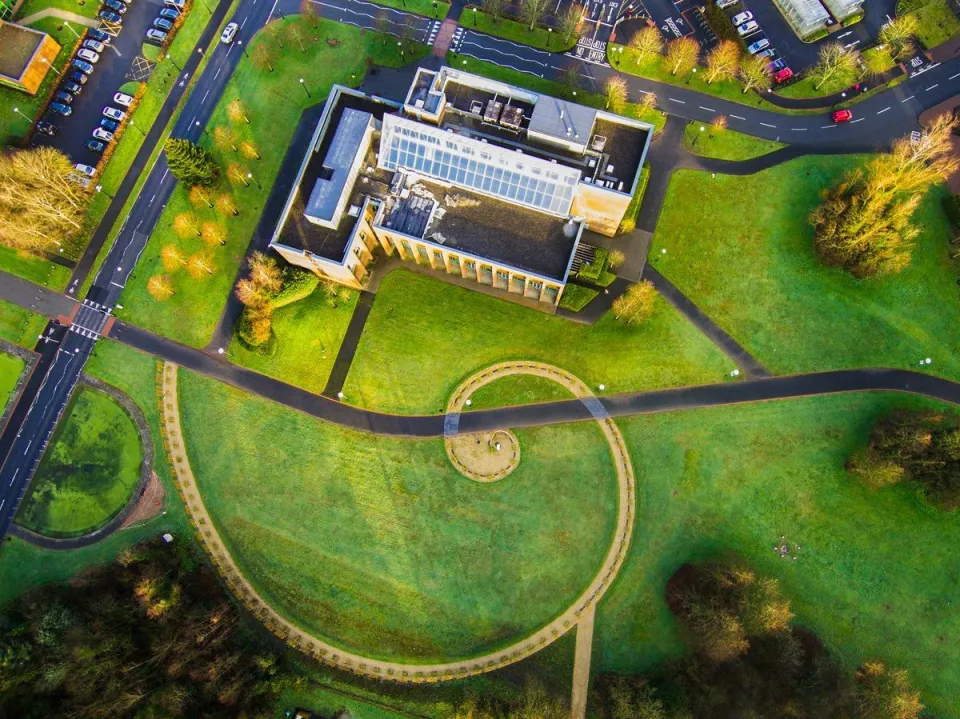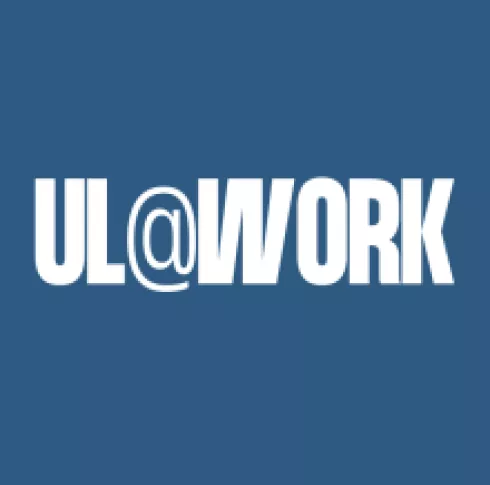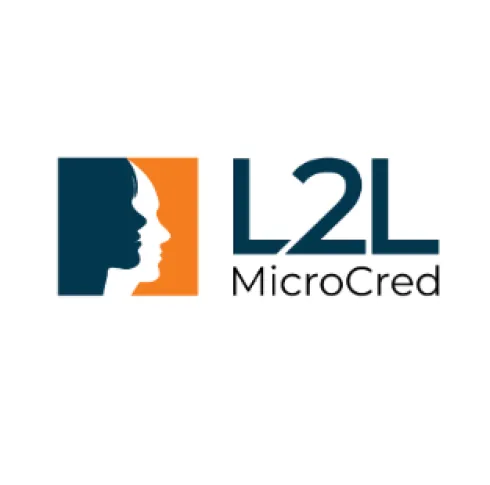
Aligned with our UL@50 strategic plan, UL's international partnerships enhance our global impact. Partnering with leading European universities and enterprise networks inspires innovation and shared best practice in education. Engaging in EU funded programmes allows UL to build multi-university flexible learning pathways co-designed with industry, generate talent to meet global digitisation and sustainability challenges and welcome a growing number EU students.
What does University of Limerick bring to European consortia?
- Leadership in successful models of industry collaboration.
- Leadership in EU proposal development, project management and/or partnership.
- Successful flexible learning pathways underpinned by operational and academic structures.
- A strong industry network and regional skills fora.
- Well-established expertise in learning pathways including micro-credentials, flexible master's and apprenticeships.
- Excellent cross-disciplinary teaching and research academic expertise, for example in engineering, lean, supply chain, digitisation, data, AI, aviation, cybersecurity, climate, law, health and strategic leadership.
- Extensive flexible programmes offerings with 200+ part-time and 100+ micro-credential course options for rapid, flexible upskilling.
About UL and education innovation
University of Limerick (UL) is located in the Wild Atlantic Gateway city of Limerick on the west coast of Ireland.
With over 18,000 students, including more than 3,300 internationally mobile students each year, UL is an independent research-led university offering undergraduate and postgraduate programmes across Arts, Humanities and Social Sciences, Education and Health Sciences, Science and Engineering and Business. Read more about UL .
UL has a strong reputation for leading excellent industry collaboration models, including the co-development and co-delivery of education programmes that resolve urgent skill gaps. The Mid-West is home to the largest concentration of multinationals outside Dublin, a global base that supports a thriving base of indigenous enterprises across the sub-supply network and UL has strong partnerships with both multinational and small to medium enterprises.
Adopting a pro-enterprise business model at UL has allowed for more flexibility and agility across the academic, governance and administration university structures. Professional education at UL is focused on flexible learning pathways, pathways enabling learner progression and diversity with a range of programme types – micro-credentials, professional diplomas, masters and apprenticeships.
UL has been delivering micro-credentials since 2016. Micro-credentials at UL exemplify how UL's role in the unique national MicroCred project has enabled further innovation in adopting a flexible, market-driven university student experience. The Human Capital Initiative (HCI), an Irish Government funding instrument, has funded MicroCred, a €12.3 million project led by the Irish Universities Association to empower lifelong learning in Ireland through short, accredited courses.
Also funded through HCI, the UL@Work project, (€16.3M) has co-designed with industry 20+ flexible programmes that sit within learning pathways, including the Masters of Professional Practice, professional diplomas, apprenticeships and micro-credentials in ICT, digitisation, climate and leadership disciplines. UL@Work is a coordinated response to the workplace's digital transformation challenges. It has constructed a flexible, technology-enhanced learning ecosystem that responds directly to digitalisation challenges by developing flexible, innovative and technology-enabled experiential learning.
Examples of ULs' enterprise-led portfolio.

- Leading the ‘delivery’ work packages for the EU Digital Europe projects EAGLE and REBOOT focused on enhancing the digital skills of SMEs.
- Leading in the establishment of enterprise learning pathways with 100+ micro-credentials developed in areas of talent deficit.
- UL@Work (€16.3M) with 20+ online flexible programmes co-designed with industry to enable upskilling and reskilling for your professional development
- The world’s first industry-led MSc in Artificial Intelligence with ICT Skillnet Ireland;
- BSc in Engineering Science to 400+ Intel staff through distance delivery;
- Higher Diploma in Middleware Integration & Software with General Motors;
- Higher Diploma in International Financial Services with Northern Trust;
- MSc in Lean Sigma Systems by distance education co-developed with Intel and Lufthansa Technik, yielding over 1,000 graduates, many funded through the Higher Education of Ireland’s, ‘Springboard+’ fund;
- UL is Ireland's first University to offer apprenticeships from Level 7 Diploma to Level 10 Doctorate, seven in all areas of lean, supply chain and cyber security.
European and National Projects
Contact Us
Geraldine Carroll, Associate Vice President, Graduate and Professional Studies, University of Limerick
Email: geraldine.carroll@ul.ie

Graduate and Professional Studies
+353 (0)61 234377
University of Limerick, Limerick, Ireland
Contact Us | Download Prospectus | Sign up to stay informed | Quality and Feedback





